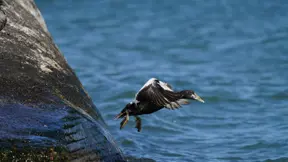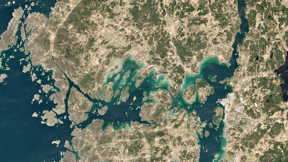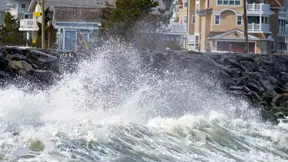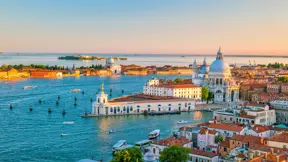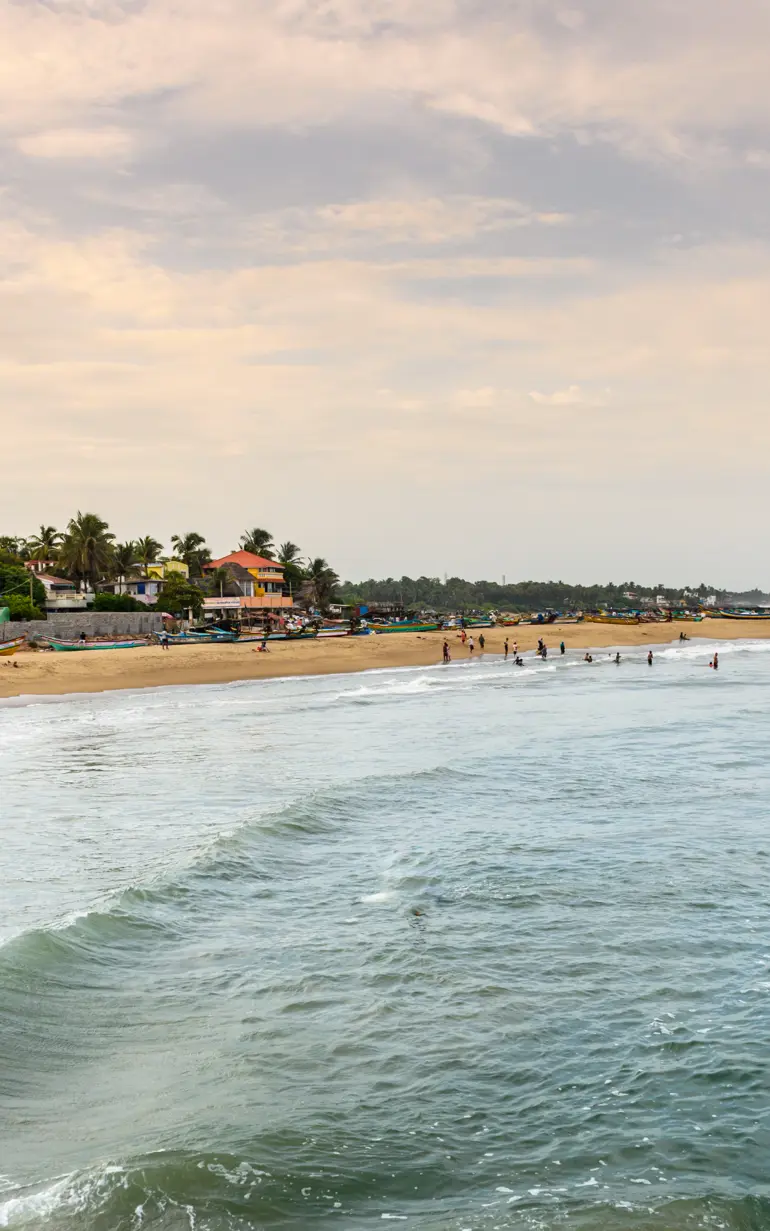
Integrated coastal zone management for Tamil Nadu, India
Contributing to the state’s sustainable coastal development
Several factors such a population growth and urbanisation have been putting increasing pressure on the fragile coastal zone of Tamil Nadu in India. Frequent tsunamis in the Bay of Bengal and Indian Ocean worsen this problem. To help the Tamil Nadu Department of Environment (DOE) overcome this challenge and sustainably develop its coastline, DHI assisted them in the preparation of an Integrated Coastal Zone Management plan (ICZM) to support developmental activities as well as preserve the balance between development and natural dynamics in the region.
Challenge
The south Indian state of Tamil Nadu has a 1,076 km long coastline, which houses a coral reef as well as numerous estuaries, seaweeds, sea grass ecosystems, fishing harbours, ports and tourist areas. Population growth, urbanisation, industrialisation and pollution are putting increasing pressure on this coastal zone. In addition, the state receives an average of 16 cyclonic storms every year – some of them quite severe.
Furthermore, tsunamis in the Bay of Bengal are also of concern, highlighting the importance of having an Integrated Coastal Zone Management (ICZM) plan in place.
With support from the World Bank under the Emergency Tsunami Rehabilitation Project, DHI helped the Government of Tamil Nadu’s Department of Environment (DOE) develop an ICZM plan. This was the first such plan attempted and completed successfully in India.
Solution
ICZM is a dynamic, multidisciplinary and iterative process that promotes the sustainable management of coastal zones. It covers the complete cycle: information collection, planning, decision-making, management, monitoring and evaluation. Planning work include:
- review of existing policies and frameworks to identify gaps and overlaps
- development of capacity needs assessment, covering technical, human resources and financial aspects
- development of stakeholder awareness and communication strategy
- review of the information management framework and establishment of online decision support
As part of the ICZM plan, DHI's team conducted land use, capability and vulnerability mapping, developed a Special Area Management Plan (SAMP) and conducted an inter-sector impact assessment.
The maps were prepared with a scale of 1:5000 with land boundaries visible for the entire coastal stretch. All the maps run from the coast to 2.5 km inland. They go up to the village boundary and include full administrative units. This was the first time for an Indian state to develop maps of this sort for the entire length of its coastline. These maps will benefit various governmental departments and other stakeholders and help in future planning.
The SAMP that our client requested us to developed focused on:
- socioeconomic aspects, in terms of community development along with the prevailing coastal problems in Cuddalore
- engineering solutions to prevent coastal erosion in Tharangambadi
- conservation of rich mangrove biodiversity in Manakkudy
Suggestions from stakeholder meetings were incorporated into the SAMP. For the inter-sector impact assessment, we identified and described the most significant environmental issues such as pollution in estuaries due to aquaculture and industry, degradation of mangroves due to forestry, overfishing and erosion, among others as well as social issues in the areas. Since ICZM was a new tool in India, we also provided training to the government officials, NGOs and stakeholders.
Results
- Improved coordination of developmental activities along the coast of Tamil Nadu
- Ability to balance environmental, economic, social, cultural and recreational
objectives with the dynamics of nature - Provided governments and stakeholders with a trusted tool for future planning
Client:
Department of Environment (DOE), Government of Tamil Nadu
Location:
India
Related SDG(s):
SDG 14: Conserve and sustainably use the oceans, seas and marine resources for sustainable development
Technology:
‘DHI prepared an Integrated Coastal Zone Management plan (ICZM) to improve the coordination of developmental activities along the coast of Tamil Nadu. It will also help to preserve the fragile ecosystem and balance between development and natural dynamics in this region.’
Senior Official
Department of Environment (DOE)
Government of Tamil Nadu
About our client
The Department of Environment and Climate Change in India was created in 1995 as the Nodal Department for dealing with environmental management of the State.
You may also like
How can we help?
With our global network of offices, we make sure you get the right answers to your local needs. Tell us about your water challenges and we will get back to you.
